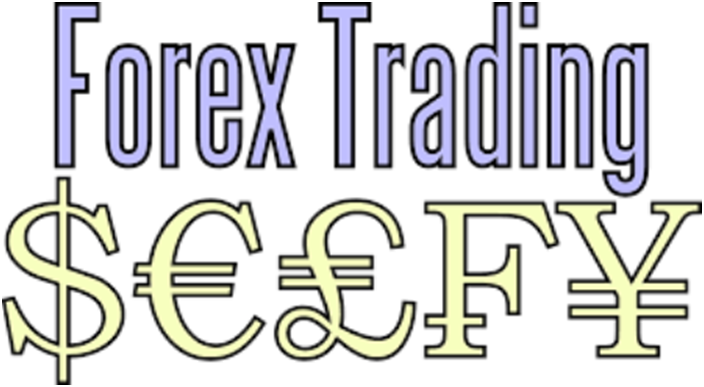
It is said that the Forex market sees over $5 trillion dollars traded every day by traders and speculators seeking to make a profit from fluctuations in currency value. The foreign exchange market is a complicated investment opportunity where individual traders rely on intermediaries such as banks or Forex brokers to execute their daily trades. There are many key players in the forex industry but the most popular ones are banks and brokers.
Banks
The largest volume of currency trading takes place in the interbank market. Different banks trade currency via electronic networks in the interbank market. The greatest volume of currency trades in this market comes from big international banks. The banks also facilitate foreign currency transactions for their clients, acting as dealers for the clients.
Forex brokers
A Forex broker typically executes trades on behalf of individual clients. Brokers operate on the over-the-counter (OTC) market which is not as heavily regulated as, for example, the interbank market. A Forex trader may not be subjected to rules that govern most securities transactions.
In return for handling your Forex transactions, a broker will charge you a commission either per trade or for each spread. This is how they make money. The spread, in this case, refers to the difference between a transaction’s bid price and its ask price. The bid price is basically the amount you’ll receive after selling your currency while the asking price is the amount you pay when buying a specific currency. So, the broker earns the difference between the bid price and ask price as a fee for facilitating the transaction. Other brokers even charge a commission as well as a spread. Some brokers may claim to provide commission-free trades but they’ll actually be compensating the lost commission by widening the spread in each trade.
The difference between banks and Forex brokers

As a private or individual trader, you may be wondering which of the options between a broker and a bank can benefit you more. It really depends on what each option offers and more importantly the volume you intend to trade with.
The major difference between the two is that banks such as Goldman-Sachs and RBC Carlin are designed to cater for Forex trading needs of large institutional clients with millions of trading dollars. In fact, most of them will not allow you to open a trading account without a hefty dollar amount. Forex brokers, on the other hand, cater for individual clients or retail investors. A broker provides more streamlined solutions for an individual trader without the kind of millions required by a bank. The most important thing is to find a well-known reputable broker to handle your Forex transactions.
Investing via a bank, if you can afford it, has the advantage of higher security and lack of spreads which can really add up to lots of money paid to the brokers. All you need to do is to have a multicurrency account and you’ll only be required to pay a small fee whenever you exchange currency.
The best option, however, would be to open a trading account with a Forex broker who has the backing of a big bank. Having the security of a big bank behind your broker is more reassuring than investing through a lone-ranger broker.


4 Responses
I think this is among the so much significant info for me.
And i am glad reading your article. However wanna statement on few
common issues, The website style is wonderful,
the articles is actually excellent : D. Just right task, cheers
Thank you for your sharing. I am worried that I lack creative ideas. It is your article that makes me full of hope. Thank you. But, I have a question, can you help me?
Your article helped me a lot, is there any more related content? Thanks!